Tag: Critical Thinking
Two Signs Of Good Advice
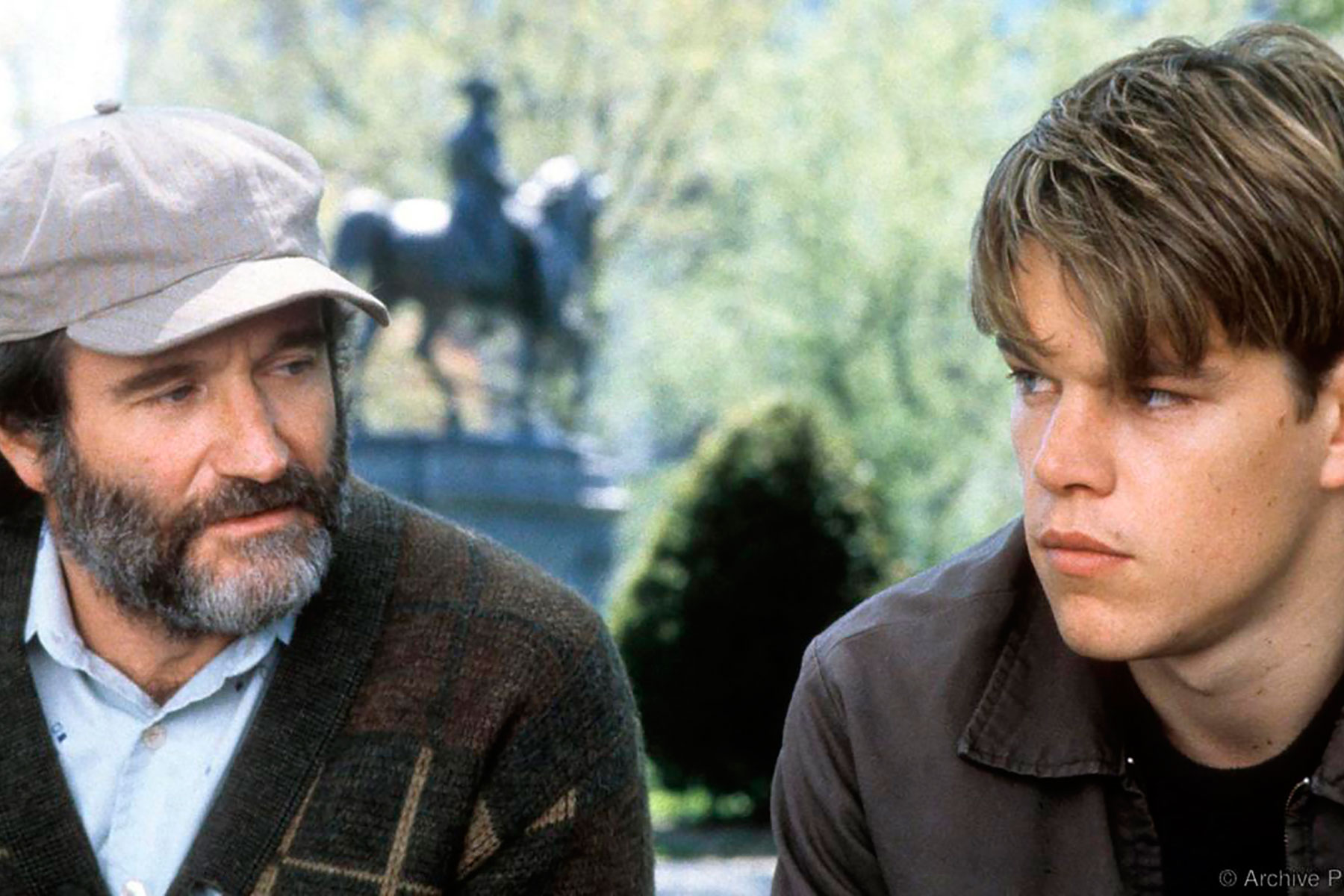
The other day my friend and colleague, Sebastián Lora, visited Barcelona and we met for a stimulating Gin&Tonic. He asked for my opinion about a workshop he’s preparing for Toastmasters. I gave one at last year’s District Conference, so I shared my experience.
Afterward, I wondered if I’d given useful advice. I began to reflect on criteria to recognize good advice. Family, friends, colleagues and professors whose counsel I deeply value came to mind. What do they have in common? Two things stood out:
Questions instead of recommendations
are a sign of good advice.
1. The people who give me good advice never say: “you should do this”. They have in common that they ask questions that help me discover what to do. This is a sign of wisdom.
They know no two situations are the same, that their experience is always their experience. And if they have a pretty good idea about what to do, even so they use questions to help me see the way, not just the finish line.
Tell me how – now that’s priceless!
2. Good advice consists of “how” not “what”. The people who’ve helped me improve and grow are those who’ve suggested specific alternatives.
General advice is easy to get — and give! — because it requires no real effort: do this, do that, be this, be that, blah, blah, blah! But find someone who tells you HOW you can do it, who suggests SPECIFIC ways and you’ve found a true treasure!
The world is full of people with a message.
There are few with a method.
You know you’ve found a good adviser when you hear questions that help you decide rather than recommendations that tell you what to do.
You know you’ve found a good adviser when you hear specific suggestions to improve instead of general guidelines to follow.
Did I live up to these criteria with the advice I gave to Sebastián? Only he can say. 🙂 I do remember asking questions and giving a few tips. But there’s no doubt: next time I’ll do better following these two principles!
How do you recognize good advice?
Grandpa Jose’s Effectiveness Recipe

My grandfather was born in the Azores Islands in 1906. His schooling literally lasted two days: the first and the day after. He got punished, didn’t like it, left and never went back.
Grandpa didn’t learn to read or write. Grandpa didn’t really know who Aristotle, Shakespeare or Karl Marx were. Grandpa didn’t rely on business trainings or performance enhancement models. Grandpa was a farmer.
One day, when he was but a young man, his dad gave him and his brother a gift: a pregnant young cow for the two to start their lives as herdsmen. Two years later, his brother owned two head of cattle; grandpa Jose, seven. From then on, his success kept multiplying, considerably.
This afforded him the opportunity to savor life, especially his passion for discovering the wonders of the world. In the end, grandpa grew to be quite the philosopher, readily armed with the precious pearls of common sense and practical wisdom.
The recipe of his effectiveness? He used say he remembered that often at the end of the day while he sat by the sunset reflecting, he’d notice his brother in the distance, still tilling the earth, persistently putting his back into every strike.
“Before the sun rose,” he used to say, “John would already be out on the field. And not before dark would he return! — All hard work and diligence. I did it differently. Every morning I’d ask myself: ‘What do I have planned for the day?’” Then he’d think:
How can I accomplish twice as much with half the effort?
Grandpa kept at it until he found an answer. Most of them eventually worked.
I gather an important lesson from my grandfather: To make it an undying habit to stop, rethink and improve. I’m sure he would be happy to know that Aristotle thought along similar lines: “We are what we repeatedly do. Excellence, therefore, is not an act but a habit.”
I must confess, though, I sometimes recognize a bit of great-uncle John in me. What about you: with whom do you most identify with?
How Do You Get What You Want?
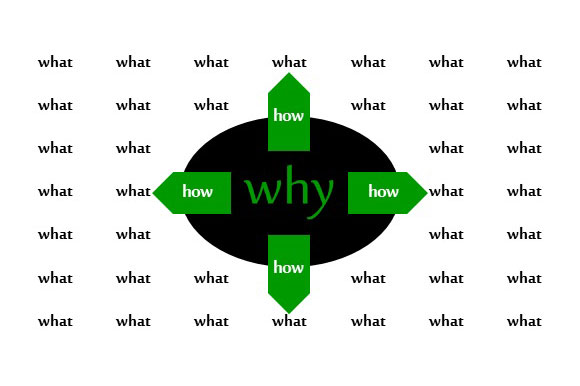
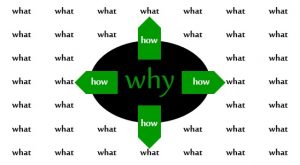
Has it ever happened to you to ask a waiter for something, who says “Sure, no prob”, and then he or she shows up with something different and then runs off, disappearing?
My father in law, Miguel, has a funny comeback for these situations. He got it from one of his law professors in university when he’d get answers to questions he did not ask.
Miguel says he sometimes feels like saying: “Now that you’ve brought me whatever you felt like, could you please bring me what I asked for!” However, I’ve never heard him use this line. I’m guessing he’s too much of an experienced gentleman to answer this way.
Crucial to effective communication and team performance is mastering the art of requests. We practice this in my seminars. The goal is to know what we want, why we want it and how we’ll get it.
With the diagram above, notice differences between needs, wants and requests:
Need = The Problem, Why: It’s a vital element to our wellbeing as humans. Thirst, tranquility and safety are examples. Notice that – physical, psychological or spiritual – we all tend to share similar needs. Here’s a list of common needs.
- Want = The Solution, What: It’s an answer to satisfying a particular need. If you’re thirsty you might want water; if you need some peace you could desire silence; if you need safety you might want a new door lock.
Our wants are the choices we make to respond to our needs.
Notice wants are one of many options. Instead of water you could want a soda; music instead of silence; a Rottweiler, not a lock. Unlike needs, wants are informed by our environment. For ex., the need for clothing can result in wanting the clothes informed by the fashion culture.
- Request = The Strategy, How: It’s the act of petitioning something from someone for the purpose of satisfying a want or a need. Ex: You could ask your partner for water, your colleague to turn down the music, or the landlord for a new lock.
Requests are strategies we use to satisfy our wants and needs.
Notice once again how a request is one of several strategies. You could have decided to get the water yourself, move to a quieter room, or change the lock on your own.
If we confuse the three, we end up requesting things we don’t want and wanting things we don’t need. We confuse problems (needs) with solutions (wants). We neglect the strategies (requests), forget the why (needs) and focus only on the solution (wants).
A tool for when we don’t get what we want: Ask yourself: What is the real problem (the need, why)? Are there other solutions (the wants, what) or better strategies (the requests, how)? Now adapt your wants and requests to meet your needs!
When a request is the best strategy, we want to trigger willingness from the receiver, not denial. We’ll discuss how to do this in following entries. Comments? Questions?
Words That Empower You

I’ll never forget the first time I was called on in class after moving to Portugal. It was the ninth grade geography class. I studied hard. But, having recently moved from Canada, my teenage mind was still in French mode: I read in Portuguese, but my brain worked in French.
So after clearing my throat to talk, nothing intelligible came out. A huge laugh from everyone was the result, including the teacher! That day I understood (the hard way) that words play a big role in communication.
Similarly, language has a powerful influence on relationships. The words we use to express ourselves – and before that the words we use to think of ourselves and others – shape the way we feel when we relate to others.
When we feel empowered – calm, clear and confident – we relate to others in a rewarding and dynamic manner. When we don’t, relationships are unproductive and toxic. Words play a major role in this.
Here are 2 ways to use language to empower relationships:
- When facing a challenge, use sentences where “I” is the subject instead of “you”. I’m not saying we talk about ourselves all the time. I mean that when we describe our reality with “I” sentences, the power to influence and change that reality increases greatly.
“You” sentences tie your hands. You depend on others.
Imagine your coworker Emilia has the ball, the ball being anything you want. Consider the sentence: “Emilia has the ball and won’t give it to me.” Here, Emilia has all the power because she’s the subject: She has the ball; she won’t give it to you.
“I” sentences give you agency,
the power to shape your reality and relationships.
Now consider this: “Emilia has the ball and I haven’t found a way yet for her to give it to me.” Here, power is balanced: She has the ball but you haven’t yet found a way to get it. Now there’s something you can do (find a way), which means you have power. Subtle but very effective.
- In difficult situations, use the verb “to do” not “to be”:“to be” is disempowering because it focuses on the person; “to do” is empowering because it focuses on the event.
For instance, you turn to Emilia and say: “You are uncooperative”. This suggests a negative feature about her, which might provoke a defensive reaction on her part.
Instead “you did something uncooperative” might avoid that because it describes an action, not her. Moreover, “to be” suggests more permanent traits; while “to do” leaves room for things to change.
The language of “I” and “to do” is empowering.
It enables us to feel calmer, clearer and more confident.
Sometimes the influence of language is not evident and can be tricky to use. Leave a comment with what is on your mind. You can also send me an email to t@tobiasrodrigues.com. Looking forward to hearing from you.
By the way, there was someone in my geography class who actually thought my attempt was kind of cute: the pretty sister of one the real popular guys in school. It was my first “Portuguese” crush.
Chew Before You Swallow, she said
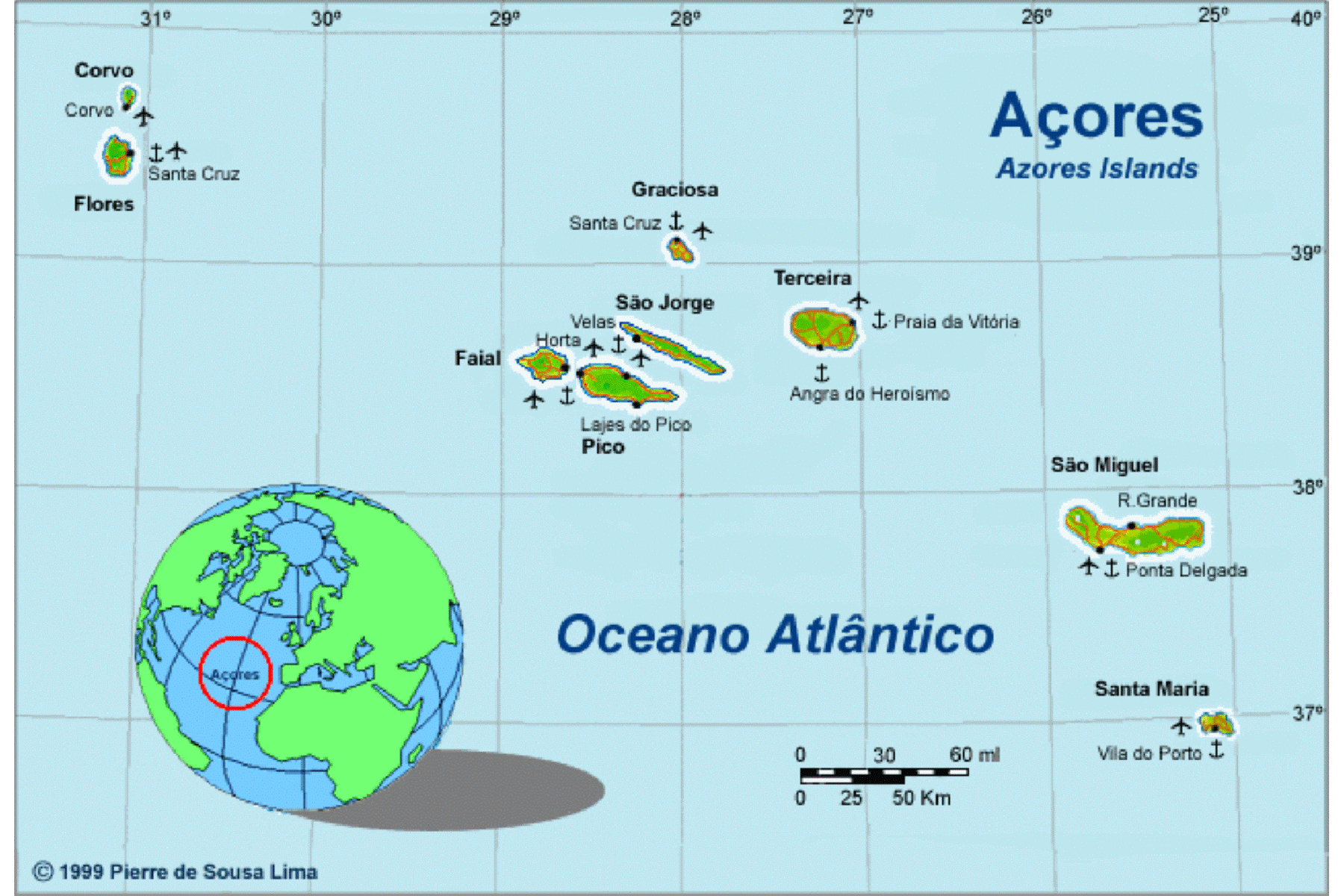
Young Artur could not have been much older than 10 when he was first sent to boarding school. This meant moving from Graciosa to Terceira, in the Azores Islands, Portugal.
Today, at almost 90, Artur or Cunha de Oliveira – he prefers his surname – is a renowned figure of the Azores. In him you’ll find demanding wisdom and generous compassion. He is a good friend and a mentor.
Standing on the pier that day before he boarded, his mother gave him a lifelong piece of advice:
“Son, remember to chew before you swallow”, she said.
“Mom, I’m not a baby. I know better than to swallow food without chewing”, he replied.
“Oh, I don’t mean the food, my dear!” And with a kiss and a smile, she bid him goodbye.
She was referring to the many things he would be taught and would learn. This principle has guided him on a journey that has been unique and fascinating (for instance, service as a Member of the European Parliament).
Sometimes, what is most evident goes shockingly unnoticed.
His mom’s advice is one of those cases – commonsense usually is. I often wonder how many things I accept to be true without pausing to ask: Is this really so?
Believing everything you think is not a freeway to freedom.
Trusting everything we are taught and told is no diploma of wisdom. Accepting things at face value proves to be a mask that conceals disillusion. Instead, to nurture the routine of pausing to test the strength of our truths is a practice of growth.
One question you might want to keep in your back pocket for unexpected situations is: “Why not?” For, now and then life might kick us in the buttocks. And with a righteous claim in our voices, we’ll jump up to object: “But why? Why me?!”
I’m quite sure there won’t be an answer. This might be life’s way of asking “Why not? Or have you swallowed something without chewing?”
Who do you know who’d enjoy Artur’s mom’s advice? Share it!
The Pyramid Of Fulfillment
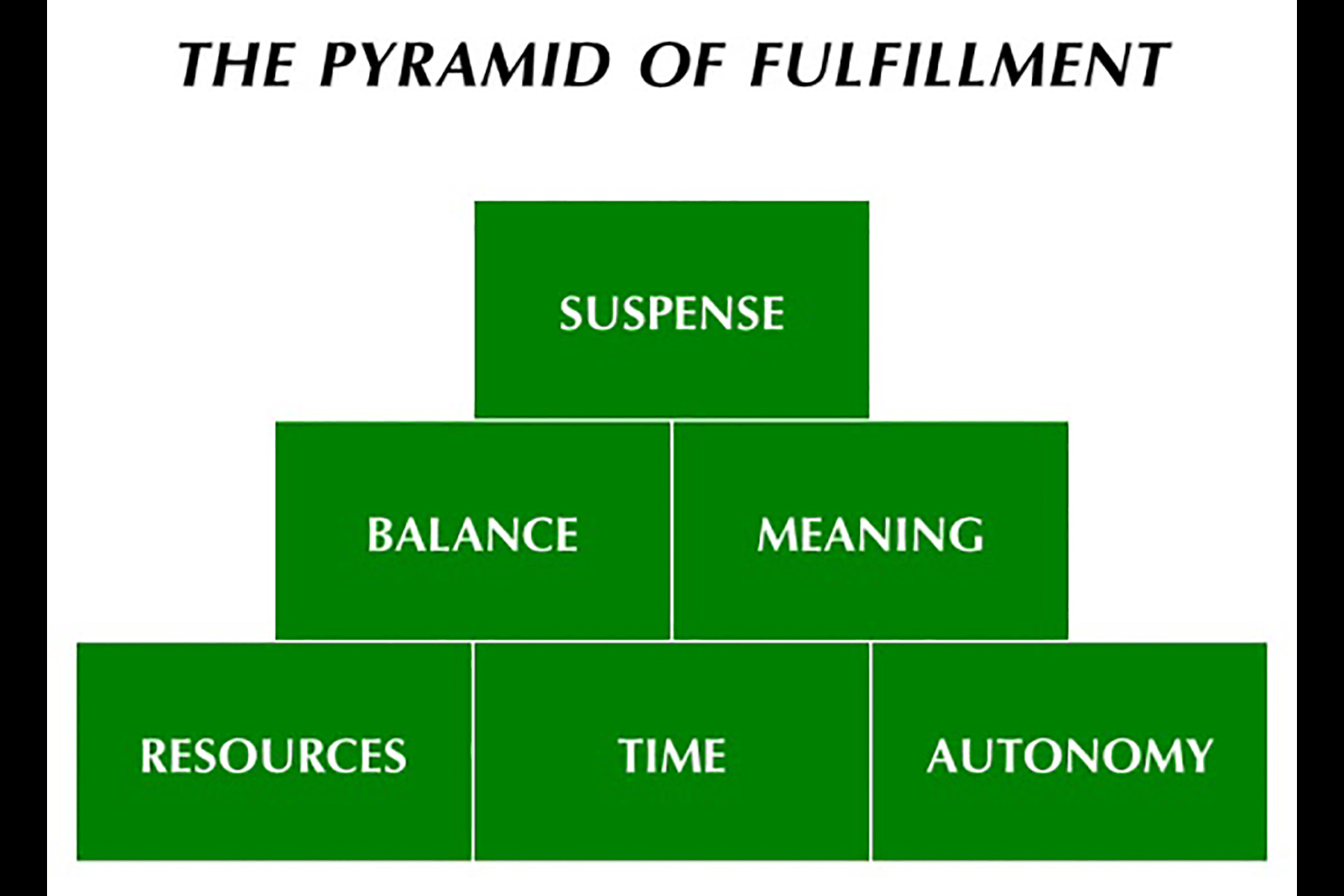
What are the first six words that pop into to your head when you hear the words fulfillment, success or happiness? Before I tell you why, please write them down.
The other day, my friend and fellow coach at IESE Business School, Tony Anagor — Cofounder of LifestyleDMC and Lifestyle Barcelona, companies that specialize in organizing unique events and experiences — was invited to give a talk to MBA students from around the world who were in Barcelona as a part of the University of Manchester’s European Summer Study Programme.
When Tony asked me if I’d like to share the stage with him, I immediately jumped on board: for me students mean the future, and I like being in touch with the future.
During my presentation, I asked the students this same question and shared with them my six words. They describe the decisive pieces to living a fulfilling life. I call it “The Pyramid Of Fulfillment”. Let’s have a look:
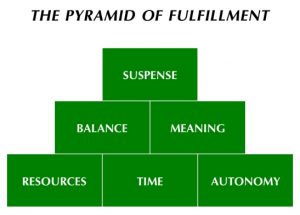
Resources: This includes money, but not predominantly. Seth Godin gets it well in a blogpost:
“Don’t get caught confusing money with security. There are lots of ways to build a life that’s more secure, starting with the stories you tell yourself, the people you surround yourself with and the cost of living you embrace.”
Time: Plenty of resources and no time to use them is not worth much. So, how much time do you have for you? Not for personal obligations apart from work, but time for your thing? I find that sometimes even my free time is booked.
Autonomy: Resources and time are useless if you’re not free to do with them what you desire. In the end, the goal is to live and work like you’re your own boss. Self-determination is a key factor for lasting motivation.
Balance: Juggling the different areas of your life is an art. It can also be your dismay. A fulfilling life is like an orchestra. It’s not enough to play one instrument well. You want all of them to do well and to do it together.
Meaning: With the resources, time and opportunity to live life on your terms and balance in doing so, you’re also going to need meaning. Life needs to make sense. What good is a wonderful orchestra isolated in a soundproof room where no one can hear it?
A life that does not contribute
to something bigger than itself lacks purpose.
Suspense: This is one of my favorites. I wrote about it in a previous post. Fulfillment is not about reaching the finish line. It’s about learning the game, keeping it going and ultimately becoming a game changer! This ongoing process requires excitement and energy. And without suspense, that’s really not possible.
What does your pyramid look like? I’m sure there are other significant pieces we could add. Love to hear about it.
The Sound Of Suspence
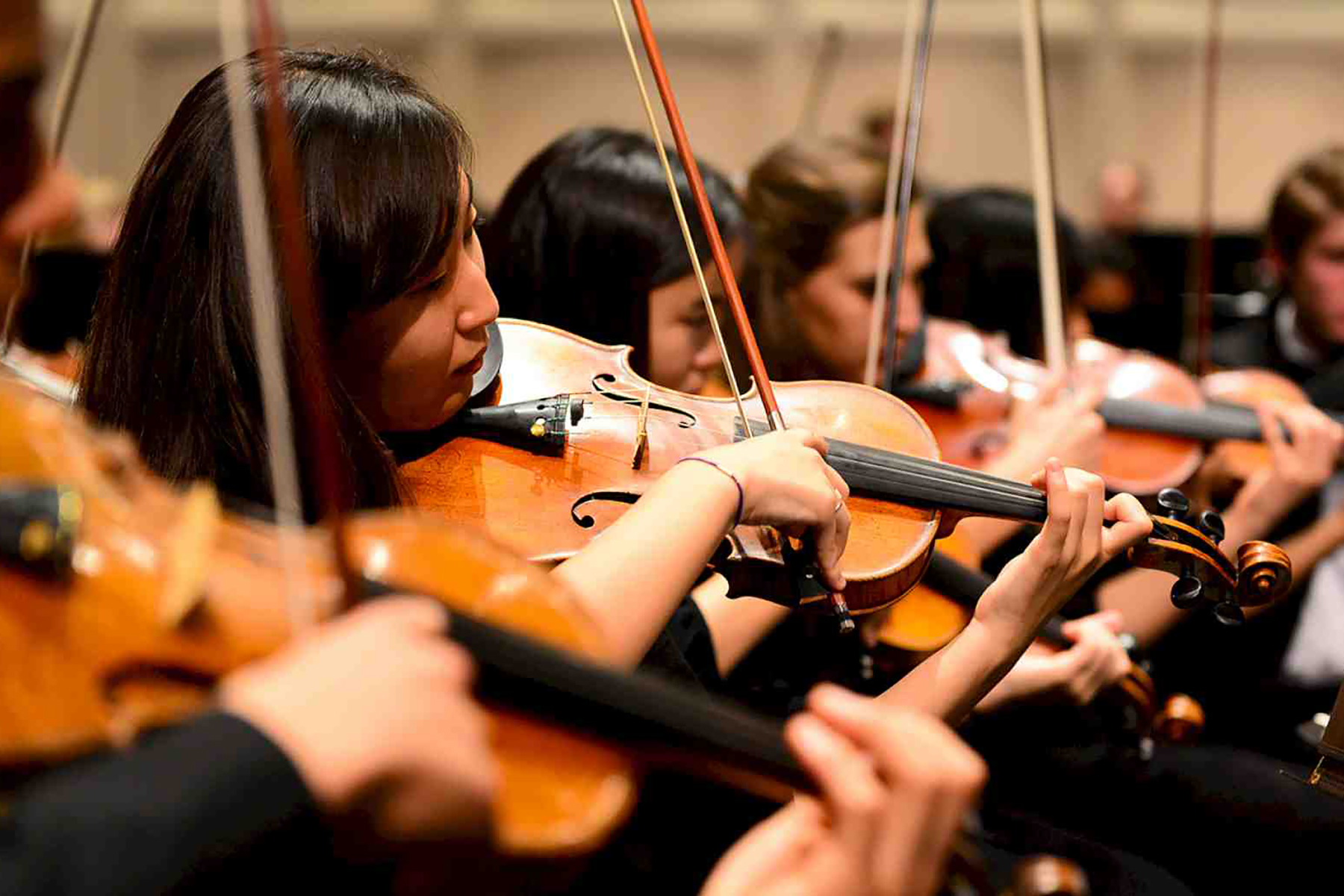
Do you like to meet interesting people? I love it. And it always surprises me when I notice this:
– excitement and energy in the lives of people that struggle;
– and dullness and demotivation in the lives of people who prosper.
Why is this? Wouldn’t you expect the opposite? It seems there’s more to self-fulfillment than “making it”.
Self-fulfillment is when you feel proud
to truthfully share any aspect of your life.
Imagine life is an orchestra. Self-fulfillment is when each part of our life creates sounds that all together result in something nice. It’s not enough to play one instrument well. We want all of them to do well and to do it together.
This means self-fulfillment is a state of combined harmony of the different areas of our life. And we can’t achieve this on our own because our lives involve other people and their self-fulfillment.
Self-fulfillment depends on the amount of suspense
you’re willing to allow into your life.
What makes a good story? Suspense resolved. No suspense, no story. Too much, and we might asphyxiate. Not enough, and it’s boring. From time to time, we’ll want to stir things up in life to make sure the story continues to be interesting.
So, self-fulfillment will be that ongoing fluctuating process in your life where you deal with some areas first, while others wait unattended. And that’s okay.
What is not okay is if the process comes to a halt, because stagnant streams stink. This is why just “having it all” isn’t enough.
In the end, the question that matters is: What suspense am I resolving and who is part of it? So, the next time you meet new people, be sure to feel proud and share the sounds of your suspense!
Shadows of Creativity
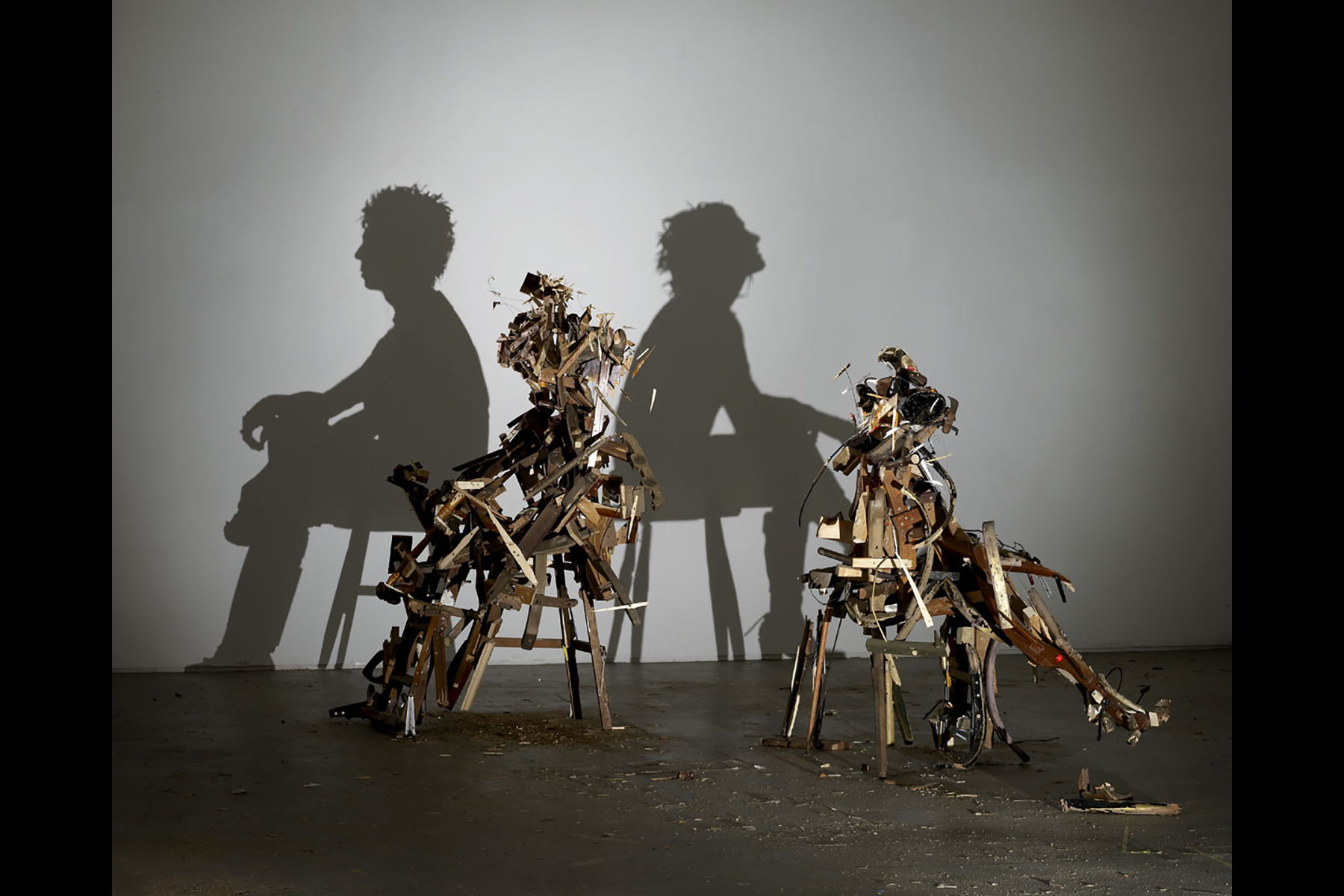
We tend to feel low when shadows get in the way of the path we believe leads to happiness. We want the sunshine, not the cloudy skies. And that’s all right.
Nonetheless, shadows sometimes get in the way of our projects, expectations and dreams. Therefore, it does us good to remember that if there are shadows it is because there is light. This means that the shadows in our life ARE light, just not where we expect it to be.
This is where our creativity can kick in. We might want to actively wait for the shadows to pass; we might want to step around the shadows and into the light somewhere new; we might consider the idea of appreciating the dark features of the shadows in order to boost our contentment of the light; we might seek new, inner light — it’s up to you!
Because shadows are the tangible evidence of light somewhere, they’re a fantastic incentive for a creative use of our potential everywhere.

